
Elon Musk’s Unique Hiring Philosophy: Talent Over Degrees
Elon Musk, the mastermind behind Tesla, SpaceX, and several other groundbreaking ventures, has built his empire not only on visionary ideas but also by assembling extraordinary teams. Unlike many traditional companies that emphasize academic credentials, Musk takes a different approach—one that prioritizes critical thinking and problem-solving abilities over formal education.
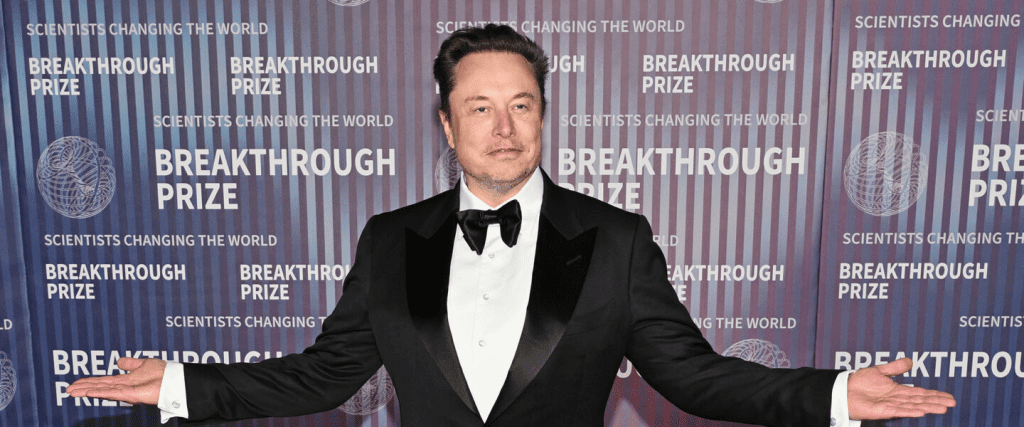
Degrees Don’t Define Talent
In the corporate world, resumes filled with degrees and prestigious academic achievements are often seen as key indicators of a candidate’s potential. However, Musk has repeatedly stated that formal education is not a prerequisite for landing a job at his companies. He firmly believes that a person’s greatest asset is not their academic background, but their ability to tackle challenges with innovative solutions.
Musk values real-world experience over theoretical knowledge. He looks for individuals who can demonstrate their expertise through practical application rather than just listing credentials. For him, the ability to think critically and solve problems is far more valuable than a diploma.
The Key Question Musk Asks Every Candidate
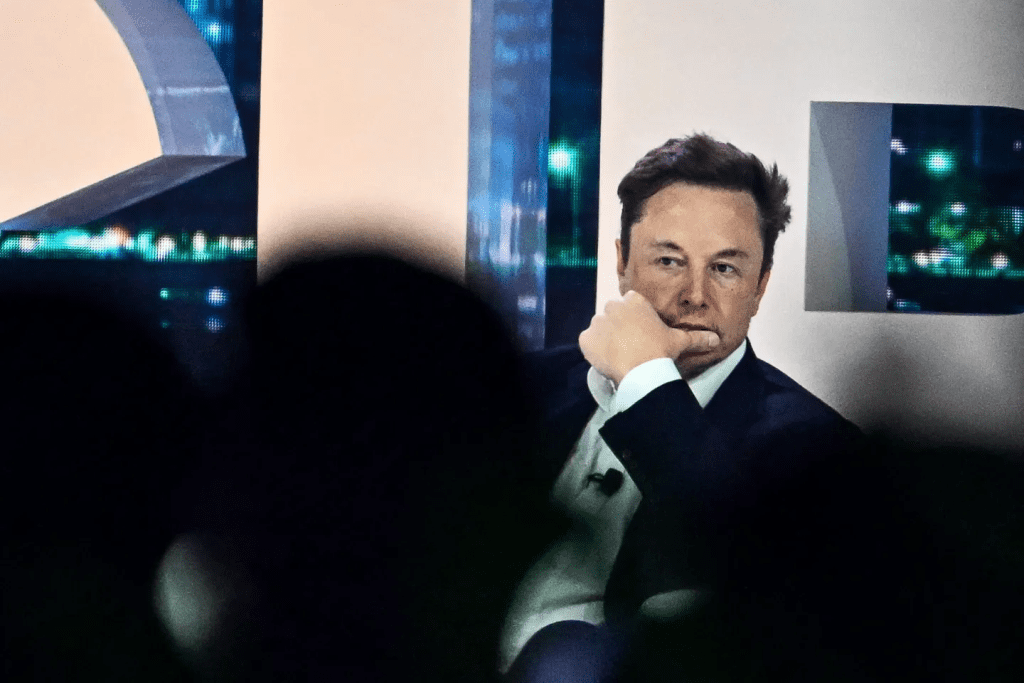
To identify top talent, Musk uses a unique interview approach centered around a single, powerful question:
“Tell me about some of the most difficult problems you’ve faced and how you solved them.”
This question helps him assess a candidate’s ability to navigate real-world challenges. Musk believes that those who have genuinely tackled complex problems can recall intricate details of their experiences, while those who haven’t will struggle to provide specific answers.
Candidates who give vague or generic responses often lack the hands-on problem-solving experience Musk seeks. On the other hand, those who describe their challenges in depth, outlining their thought process and solutions, stand out as individuals who can handle high-pressure situations and contribute meaningfully to his companies.
Scientific Backing for Musk’s Hiring Strategy
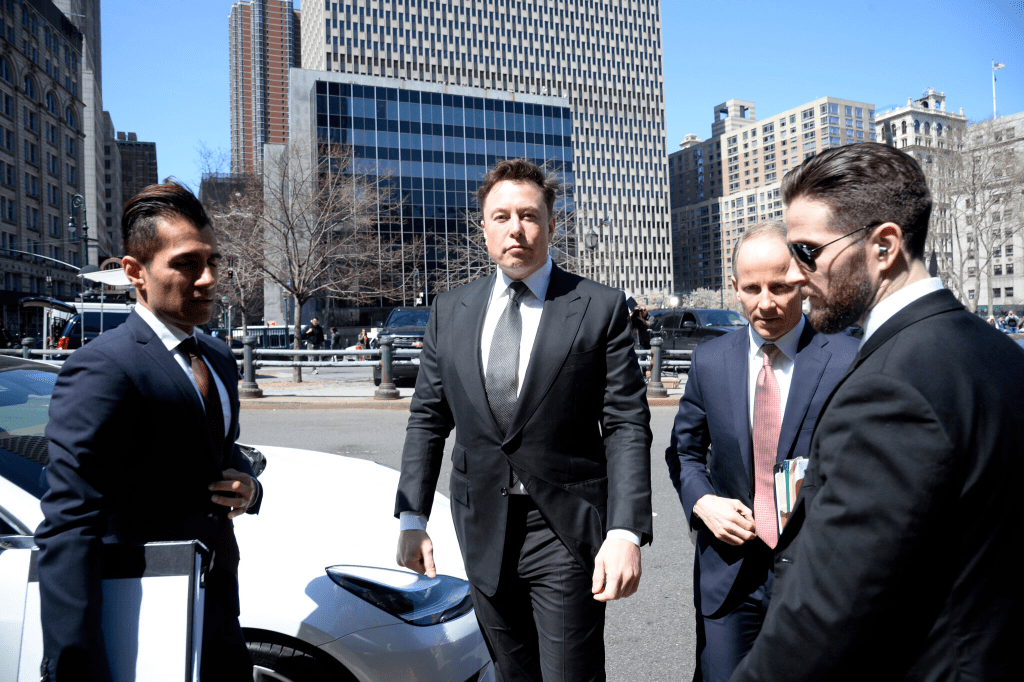
Interestingly, Musk’s approach aligns with scientific research in cognitive psychology. A study published in the Journal of Applied Memory and Cognition in December 2020 explored a technique called the AIM (Additional Information Method). This method, which involves asking candidates to elaborate on their experiences, has been proven effective in distinguishing truthful responses from exaggerated or fabricated ones.
The study found that individuals who provide rich details about past challenges are more likely to be honest and capable problem solvers. In contrast, those who lack real-world experience tend to offer vague answers. Musk’s hiring strategy naturally integrates this psychological insight, ensuring that his teams consist of genuinely skilled individuals.
Building Teams That Drive Innovation
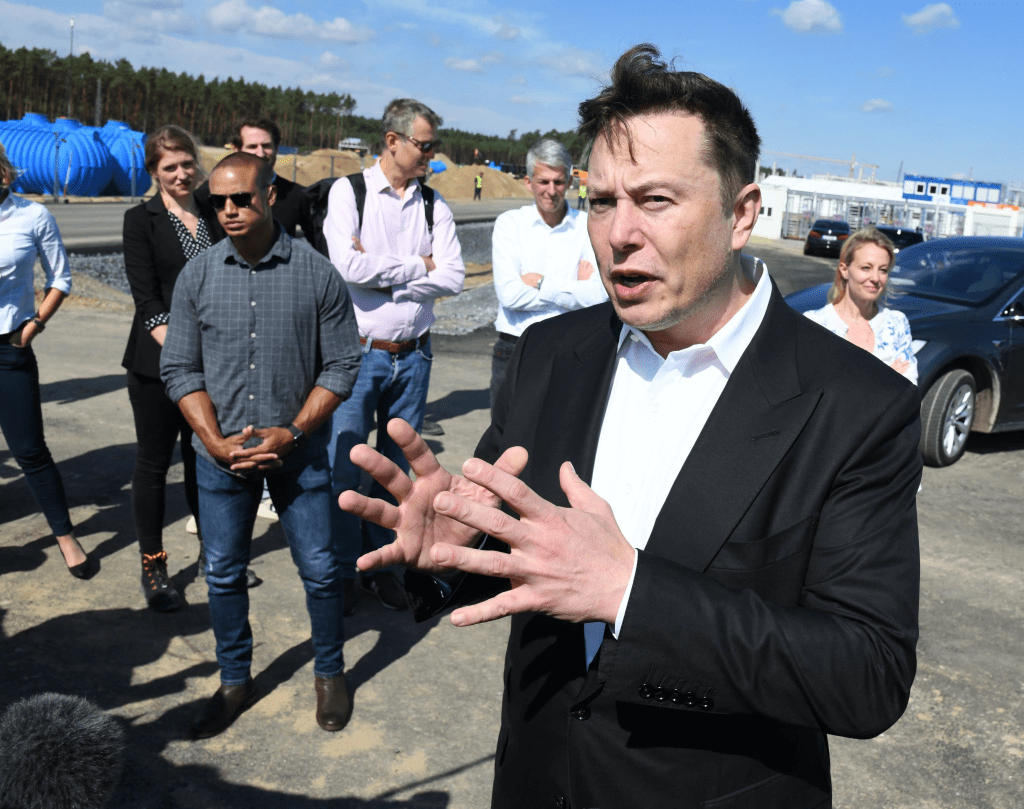
Musk’s companies, from Tesla’s advancements in electric vehicles to SpaceX’s historic space missions, owe much of their success to this unconventional hiring philosophy. By prioritizing problem-solving skills, he has cultivated teams capable of tackling some of the most ambitious technological challenges of our time.
Beyond technical ability, Musk also seeks individuals who are passionate about their work and deeply committed to the company’s mission. He values employees who are driven by curiosity and a desire to make a meaningful impact—traits that fuel innovation and creativity.
Redefining Hiring Practices
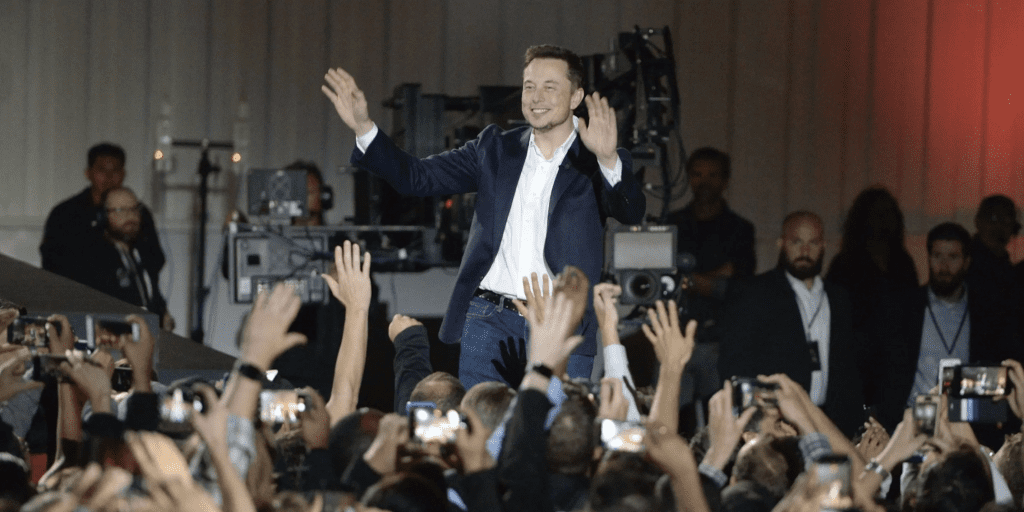
Musk’s success has challenged traditional hiring norms, proving that talent isn’t defined by degrees but by the ability to think, adapt, and innovate. His approach serves as a powerful reminder that in today’s rapidly evolving world, real-world problem-solving skills matter far more than formal education.
By assembling teams of critical thinkers and hands-on problem solvers, Musk continues to push the boundaries of technology, reshaping industries and redefining what it means to build a truly great company.
This version keeps the core ideas intact while making the text more concise, engaging, and well-structured. Let me know if you’d like any further tweaks